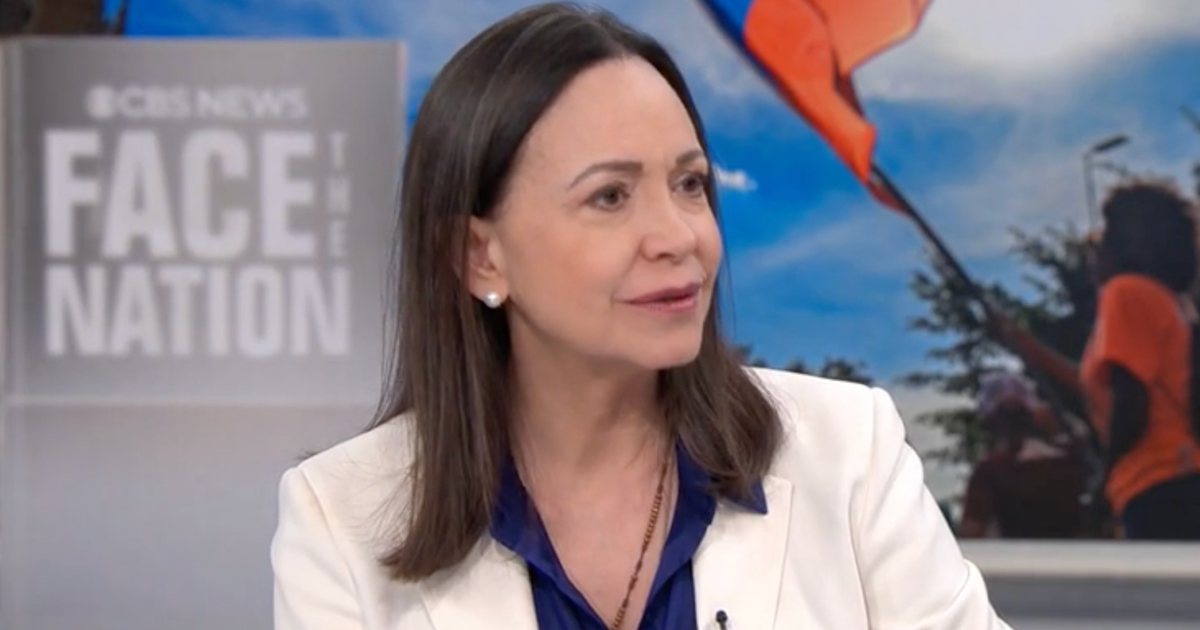

The U.S. will stop issuing worker visas for commercial truck drivers, Secretary of State Marco Rubio announced Thursday. He said the change was effective immediately.
"The increasing number of foreign drivers operating large tractor-trailer trucks on U.S. roads is endangering American lives and undercutting the livelihoods of American truckers," Rubio wrote in a post on X.
A State Department spokesperson said later Thursday the pause was done "in order to conduct a comprehensive and thorough review of screening and vetting protocols used to determine their qualifications for a U.S. visa."
The spokesperson noted it "applies to all nationalities and is not directed at any specific country."
The Trump administration in the past months has taken steps to enforce the requirement that truckers speak and read English proficiently. The Transportation Department said the aim is to improve road safety following incidents in which drivers' ability to read signs or speak English may have contributed to traffic deaths.
"As we have seen with recent deadly accidents, foreign truckers can pose risks to American lives, U.S. national security, and foreign policy interests," the State Department spokesperson said. "Ensuring that every driver on our roads meets the highest standards is important to protecting the livelihoods of American truckers and maintaining a secure, resilient supply chain."
The move comes amid a commercial truck driver shortage in the U.S. According to the American Trucking Association, a trade group, the industry is facing a shortage of about 60,000 drivers.
Meanwhile, the Trump administration also said Thursday it is reviewing more than 55 million people who have valid U.S. visas for any violations that could lead to deportation.
In a written answer to a question from the Associated Press, the State Department said all U.S. visa holders, which can include tourists from many countries, are subject to "continuous vetting," with an eye toward any indication they could be ineligible for permission to enter or stay in the United States.
Should such information be found, the visa will be revoked, and if the visa holder is in the U.S., he or she would be subject to deportation.
Since President Trump took office, his administration has focused on deporting migrants illegally in the U.S. as well as holders of student and visitor exchange visas. The State Department's new language suggests that the continual vetting process, which officials acknowledge is time-consuming, is far more widespread and could mean even those approved to be in the U.S. could abruptly see those permissions revoked.











-3.png)



